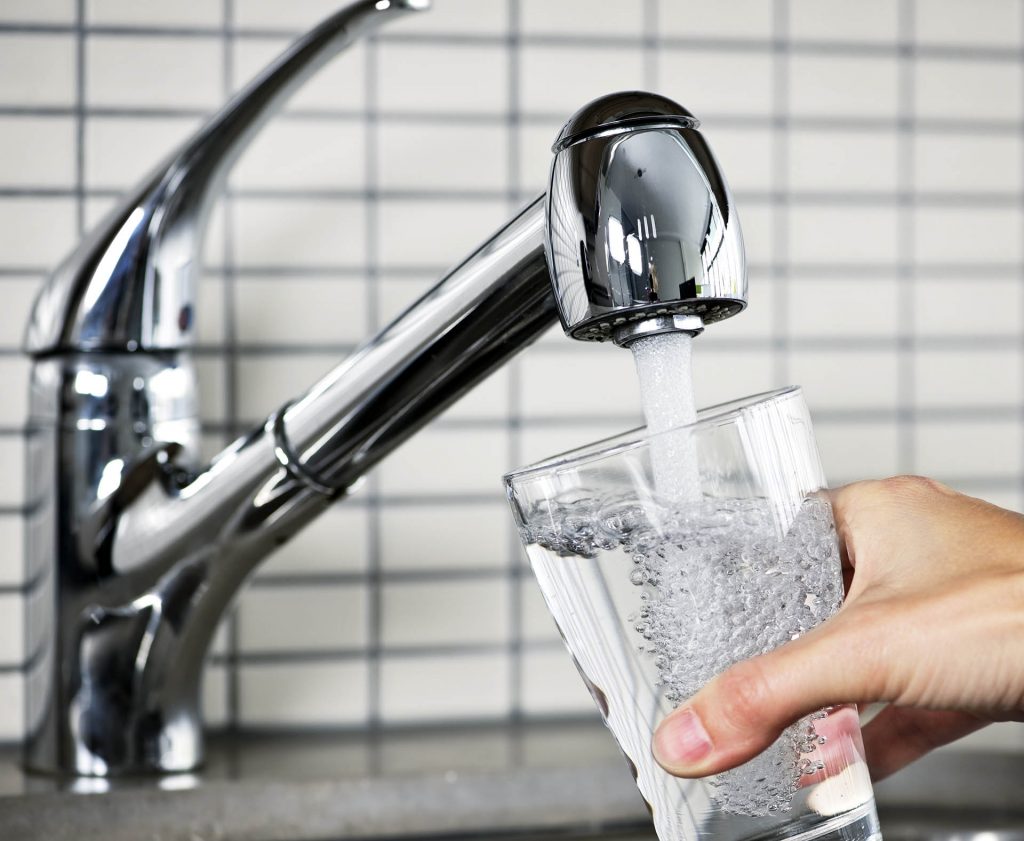Guiding Sustainable Enhanced PFAS Drinking Water Treatment Options

Institution: University of Maine
Sponsor: Maine Water Resources Research Institute
Exposure to PFAS, the so-called “Forever Chemicals”, via contaminated drinking water poses negative health risks to residents. The US EPA is set to establish national limits on the amount of PFAS in drinking water that are lower than those currently enforced in Maine. We estimate that at least 11% of Maine’s public water systems would need to invest in treatment in order to meet the new national limits. However, the four major treatment technologies available often have large carbon footprints, which is a challenge as Maine has an ambitious carbon neutrality goal. In this project, we will create thorough comparisons between the treatment options, including their environmental impact, and create an informational resource. We will meet with Maine water system stakeholders several times to understand their approaches to and concerns regarding meeting the new limits, to pilot the use of our resource for feedback, and then to distribute it broadly.
Team Lead:
- Reed Miller, Assistant Professor, Dept. of Civil and Environmental Engineering, UMaine
Team Members:
- Onur Apul, Assistant Professor, Dept. of Civil and Environmental Engineering, UMaine
- Jean MacRae, Associate Professor, Dept. of Civil and Environmental Engineering, UMaine
- Caroline Noblet, Associate Professor, School of Economics, UMaine
- Josephine Adu-Gyamfi, Master’s student, Dept. of Civil and Environmental Engineering, Mitchell Center Sustainability Graduate Fellow, UMaine
